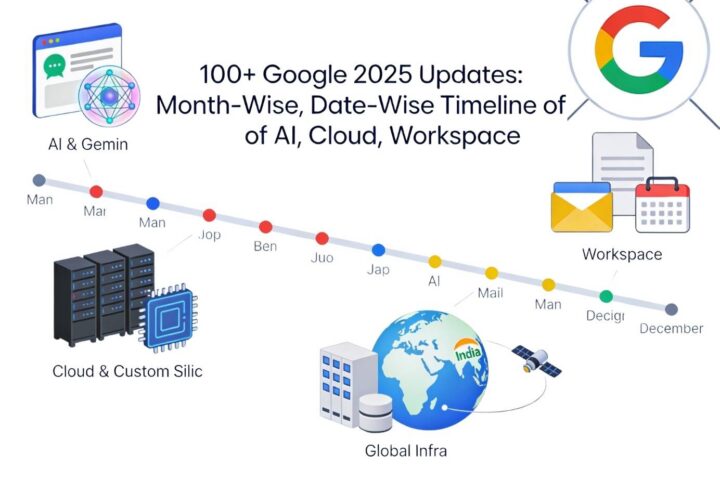Electronics manufacturers are usually baffled with the aim of cutthroat competition, traceability, supply chain management, product life cycles, enterprise-wide visibility, warranty and constantly evolving statutory and regulatory compliance.
With already existing MRP, CRM in this list, these manufacturers also strive to meet the ever growing demands for creating innovative products and at the same time uplifting efficiency and maintaining supreme quality.
Benefits of ERP For Electronics Manufacturing
Electronics manufacturing companies are driven by component (product) variety. Therefore, in order to handle wide product variety it is evident that companies need an ERP for Electronics Manufacturing.
In such an environment it is a good way to leverage an ERP for Electronics Manufacturing.
Trends like globalization, limitless and costly customization and the escalating demand for time-to-market at low costs drive electronics manufacturers world-wide to find ways to maintain their competitive edge.
Quite often, the biggest challenge with these manufacturers is the inherent complexity of hardware and software integration. to overcome this, an ERP for Electronics Manufacturing should be flexible and modular, configurable to represent the manufacturer’s vision, and should integrate seamlessly with existing and future business operations.
The ERP for Electronics Manufacturing is clearly well positioned to be the backbone of the enterprise architecture within the electronics manufacturing ecosystem. It enables the organization to optimally leverage its value-chain and be able to meet the demands of its customers and the markets it serves.
Create an Economic Model for ERP for Electronics Manufacturing
IT has the responsibility of adding value to the business by being a strategic partner in this company. In this role, IT should develop an economic model that clearly shows the planned costs and anticipated benefits of implementing an ERP for Electronics Manufacturing solution.
The net present value of any project must be greater than zero in order to be undertaken. Present values must be computed and mapped to adoption phases. Benefits from each phase must be summed and discounted back to the present.
It should be clearly stated which costs incurred during project development, implementation, testing and ongoing support will be borne by the vendor and which costs will be borne by the business.
Software Vendors: “At your Side”
A detailed software development plan is the key to ensuring the success of any ERP for Electronics Manufacturing project. It is important for both the customer and software vendor to have a firm understanding of the project scope and the scope of the project schedule.
Software vendors will work with the customer to produce a high level project plan and will work to develop an implementation schedule. This is when the customer needs to address a number of issues such as:
- Time commitment and available resources
- Inter-organizational dependencies, e.g. back end systems and other suppliers that partners are dependent on.
- Business process changes or enhancements required that are not within the purview of the ERP for Electronics Manufacturing initiative.
- Line of business staff needed to ensure successful project execution and change management.
A project plan must be developed in a time efficient manner. The ERP for Electronics Manufacturing project manager and technician must be in place from the very beginning of the project.
ERP for Electronics Manufacturing Implementation
Implementation is an iterative process of taking the system from the current state (analysis), implementing the changes (design) and checking the outcome (construction).
ERP for Electronics Manufacturing implementation must be managed as a distinct project with its own project plan and work breakdown structure (WBS).
The first step in any ERP for Electronics Manufacturing implementation effort is to analyze, or gather the information necessary to develop a high-level system design.
The success of analysis will dictate the quality of the ensuing design and construction efforts. Although this is a key step in an ERP for Electronics Manufacturing implementation, it is often overlooked.
Analysis work would include any number of activities, including: business process definition, document review, interviews, time studies, and problem definition.
Implementation Design: This would be the second phase and would require developing a detailed design with the specific functional capabilities of the ERP for Electronics Manufacturing application. This will include the actual implementation of business processes required.
Implementation planning, build, and configuration is yet another crucial phase in the ERP for Electronics Manufacturing implementation life-cycle.
The last phase, validation, is also essential. After the complete ERP for Electronics Manufacturing implementation, it is important to verify and validate that the system does what it is supposed to do.
Once the system has been installed, it is very important to set up a plan for the users.
During implementation, there are several key quality activities necessary for a successful implementation. These activities go beyond requirements gathering and would include:
An ERP for Electronics Manufacturing implementation is a huge undertaking and requires constant attention to the issues, problems and change requests from the line of business staff. They must be put into a formal change control process to ensure that they are addressed in the most timely and accurate manner.
A change request does not always mean an enhancement. The rate of change requests will vary as the system is rolled out and the users begin using it in a production environment.
Implementation and Change Management
In a perfect world, there are no changes during implementation. The plan is to be thoroughly complete and some “perfect” changes might occur that would require re-planning without changing the system.
Change management is a formalized plan of action used to manage an ERP for Electronics Manufacturing implementation and its changes. Change management helps the implementation team manage the additional tasks associated with the change process and to track, monitor and control these tasks.
Although change management is a new concept in the ERP for Electronics Manufacturing field, the key to a successful implementation is based around several activities that enhance the early stage change activities. These key activities are:
- Proper change management control and coordination
- Understanding and acceptance by the lines of business
- Strong communications with the line of business and other business partners
- User training and involvement in change management activities











